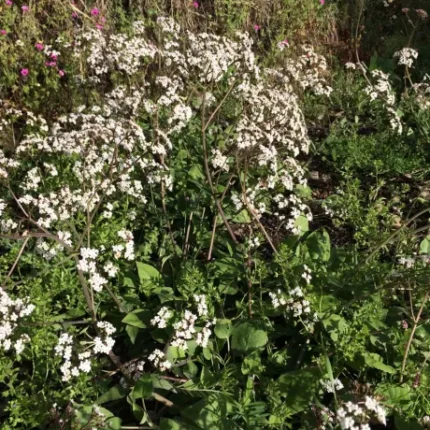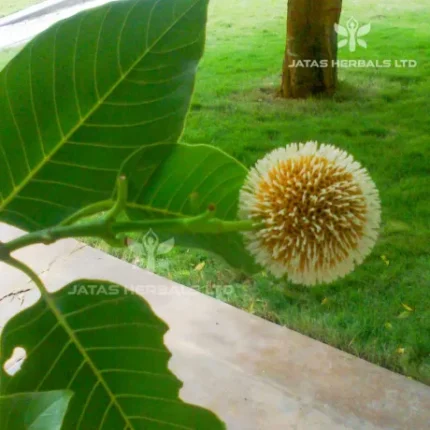Patola is used extensively in the Ayurvedic texts both as diet and medicine as well. Caraka mentioned it among the Asavayoni dravyas. Sushruta indicated it specifically for Vrana and Netra rogas (S.S.Ut.17). He also advocated the administration of Patola root during the eighth month of pregnancy. It is considered as one among the Panca Tiktas in Rasa Tarangini. Patola is usually ubducated for Pitta and Rakta Vikaras.
The root of Patola is considered as a purgative by some while others consider that the root of Patoli is purgative.
Controversial Studies– Thakurji is of the opinion that T. dioica is the edible Patola which is used as a vegetable. For medicinal purposes T. cucumerina Linn. Known as Vana Patola is used which is bitter in taste. But this may be only a substitute of wild and bitter variety of T. dioica which may be scarcely available.
Similarly Potoli has mostly been mentioned and used by Vagbhata for the two bitter varieties of Patola. Bopadeva also mentions it with TiktŒ. HamŒ and Ka¢uka Patoli as its synonyms.
Kulaka, which is an important Pathyasaka by Caraka, is identified with Patola or a variety of it. Some consider it to be Kœravellaka. However several times Kulaka and Karavellaka are mentioned together in the texts. The name of Patola is given to at least three species viz., T. dioica Linn., T. cucumerina Linn. And T. anguina Linn. The author noticed that T. dioica Linn is used extensively in the north during winter as ‘Parval’ which is the real patola. The second variety T. cucuminaria is ighantuy available in the Tamil Nadu markets as vegetable ‘podalakkai’. Finally, the third variety T. anguina is mainly used in Andhra Pradesh under the local name ‘ptalakaya’. Probably the first two varieties (T. dioica and T. cucuminaria) will be treated as patola in the present context while, rajapatola is T. anguina.
Different varieties– We come across the Madhura (sweet) and Tikta (bitter) varieties of Patola which are used as vegetable and medicinal herb respectively.
Sodhala deliniated three varieties viz., Patolika, Patola & Patoli. Kaiyadeva quoted about Patola and Raja Patola as two varieties. Bhavamishra described two varieties viz., Patola & Patolika.
Botanical Description (T. dioica)– Climber with wooly stem having tendrils. Leaves- 7.5 x 5 cm., ovate-oblong, cordate, acute, rough on both surfaces. Flowers- dioecious. Male flowers not racemed. Calyx-tube 4.5 cm. Anthers free. Fruit- 5-9 cm, oblong or nearly spherical, smooth, orange-red when ripe. Seeds helf-ellipsoid, compressed.
Distribution– Throughout the plains of north India, extending to Assam and Bengal.
Botanical Description (T. cucumerina) – Annual Climber growing to 5 m; it is a tropical or subtropical vine, raised for its strikingly long fruit, used as a vegetable and for medicine. The flowers are monoecious.
Botanical Description (T. anguina) – Annual Climber growing to 5m.
Major chemical constituents–
- dioica:– Fruit– Nicotinic acid, riboflavin, vit.C, thiamine,5-hydroxytryptamine.
Seed– linoleic, oleic, oleostearic (trichosanic) acids.
Root– Colocynthin, trichosanthin; hentriacontane.
Whole plant– cucurbita-5, 24-dienol.
- cucumerina:– cucurbitacin B from fruits.
Part Used– Fruits, leaf, root
Dosage– Fresh juice 10-20 ml; decoction 50-100 ml.
Research–
Seed extract of T. dioica lowered blood sugar, serum cholesterol and triglycerides and increased the levels of phospholipids and HDL- cholesterol in rabbits (Ind. J. Med. Res. 1988, 87; p.398).







Reviews
There are no reviews yet.